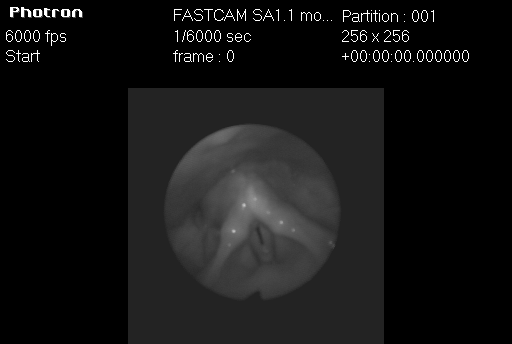
Kinesthetic and auditory feedback during phonation and articulation (DFG DO1247/4-1)
Third party funded individual grant
Acronym: DFG DO1247/4-1
Start date : 01.01.2013
End date : 31.12.2015

Project details
Scientific Abstract
Die Präzision seines Sprachsignals kontrolliert der Mensch während des Sprechens durch eine Reihe parallel ablaufender Rückkopplungsprozesse. Diese Feedback-Mechanismen werden während des Spracherwerbs erlernt und in die „kinästethische" und „auditive" Kontrolle unterteilt. Sie sind bei Erkrankungen mit Beteiligung von Stimme und Sprache in unterschiedlicher Weise betroffen. Das Projekt untersucht Feedbackkontrollmechanismen der Stimmgebung und Artikulation bei gesunden Probanden und vergleicht diese mit denen von Patienten mit Störungen im Bereich der Stimmgebung (funktionelle Stimmstörungen) und Sprechmotorik (Sprechapraxie). Die synchrone Datenerhebung (visuell und EEG) ermöglicht zum ersten Mal Zusammenhänge auditiver und kinästhetischer Feedbackkontrollprozesse zu analysieren. Es werden aktuelle Methoden der Elektrophysiologie und quantitativen Endoskopie parallel eingesetzt, an deren Entwicklung die Antragsteller maßgeblich beteiligt waren. Die Hypothese ist, dass (1) der kinästhetische Feedbackprozess als schneller und die auditive Steuerung als langsamer (Feinabstimmung) identifiziert wird. (2) bei Stimm- und sprechgestörten Patienten eine Beeinträchtigung des kinästhetischen Kontrollprozesses ermittelt wird. Ziel des beantragten Projektes ist ein erstes Verständnis des Zusammenspiels von auditiver und kinästhetischer Feedbackkontrolle. Beide Prozesse werden bezüglich der Funktion und Verarbeitungsgeschwindigkeit miteinander verglichen. Dazu wird der pitch-shift-Reflex (Tonhöhenadaptation bzw. -kompensation) bei 60 erwachsenen Probanden aufgerufen. Die Mismatch-Negativity (MMN) wird mittels EEG abgeleitet und die induzierte Veränderung der Stimmlippenschwingungen parallel mit endoskopischen High-Speed-Videos aufgezeichnet.